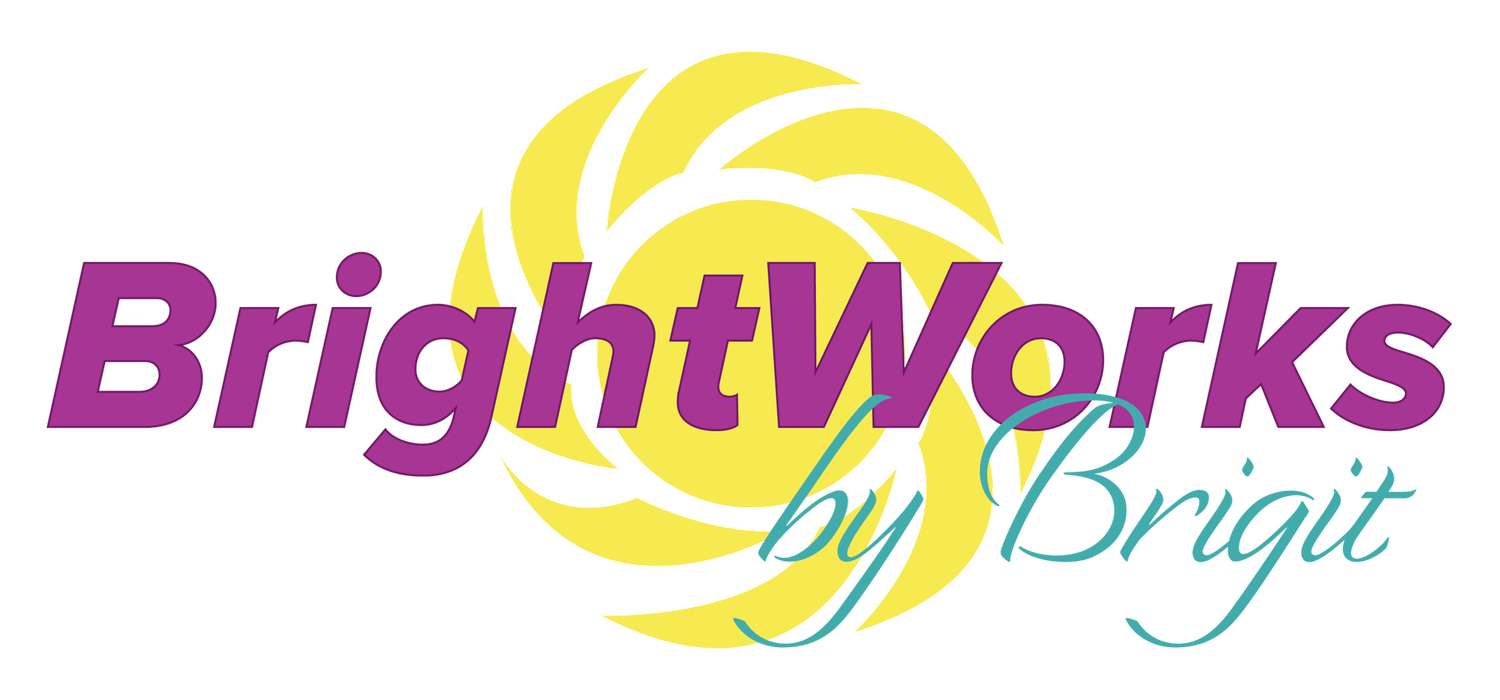Have you been to a family reunion before? Where we celebrate Grandpa’s 80th birthday, or listen to stories about how Great-Grandma fell off the buckboard while her brothers laughed. These traditional gatherings are also where we notice certain family traits that are shared among us – on my side of the family it’s the blonde hair, while those from the Atkin clan can be identified by their brilliant blue eyes.
But did you know we also inherit emotional and mental traits – certain behaviors and characteristics that have been handed down from one generation to the next? For example, you may have the same mild temperament as Uncle Joe, or share a similar ability with Aunt Bea to solve complicated calculus problems.
While we enjoy inheriting these great qualities from our forebears, we also unfortunately get the bad with the good. Oftentimes issues such as addiction, abuse, depression, phobias, and money problems (just to name a few) also get passed down to us.
You might be asking – “How can this be? How can something that an ancestor suffered from affect me 100 years or more later?” Well, there have been fascinating studies done for many years now on this intriguing topic, and the findings all concur that this indeed happens. In one study, neuroscientists at Emory University taught male mice to fear the smell of cherry blossoms by associating the scent with mild shocks to the foot. The offspring of these mice were raised to adulthood having never been exposed to the smell. Yet when these full-grown critters were introduced to the scent for the first time, they became anxious and fearful. In fact, they were found to carry even more cherry blossom-detecting neurons in their noses and brains than the mice that were originally traumatized. The experiment found further that subsequent generations of mice carried this same fear. This is but one example of a single traumatic experience being transmitted across generations.
In the work that I do, this phenomenon is referred to simply as “Generational” issues. One way to identify this in your own life is to look closely at situations in which you feel stuck, even after you’ve worked hard to overcome obstacles and shortcomings. For example, if you’ve tried hard for years to accumulate a healthy nest egg only to find continuous financial distress, you likely have a generational money issue. You will probably find as you research your family history that this has been the case with parents, grandparents, greats, and so on.
When you find these setbacks, take heart – they can be released and overcome. Not just for you, but for those in the family that carry the same trait. Carolyn Cooper, founder of SimplyHealed™, refers to this as “releasing energy patterns that are in the lineage”. Because this is such a game-changer for so many, generational clearing is a favorite among energy workers. I think of it as setting down the heavy baggage that our ancestors have inadvertently passed on that no longer has to be carried. What a relief!
I hope your summer gatherings are peaceful, light-hearted, and fun. And if you find yourself being as nit-picky as Uncle Harold, give him and yourself a break – it probably started with Great-Grandma Pearl.

